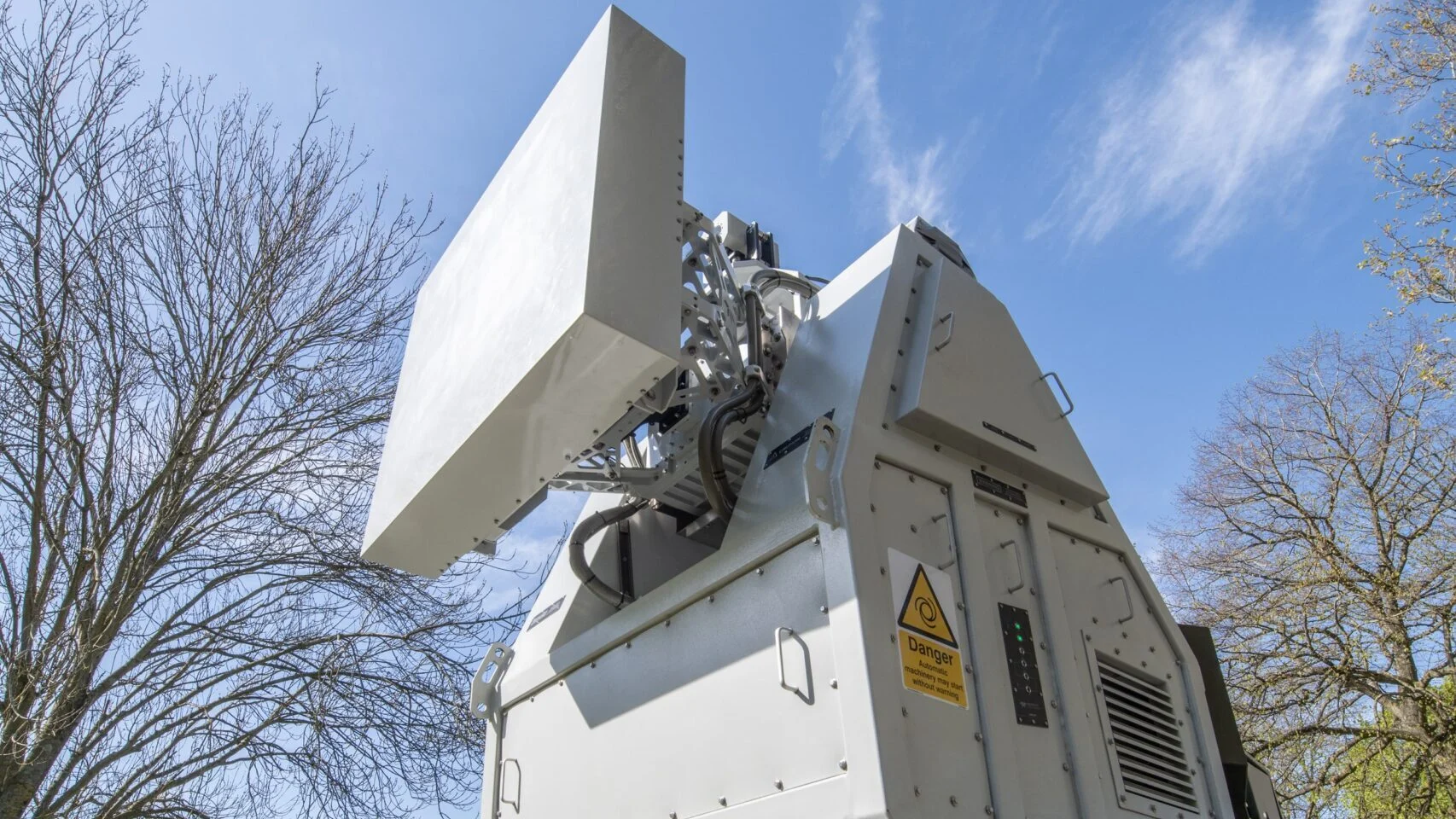Recent revelations from U.S. intelligence officials shed light on concerns regarding alleged unauthorized transfers of U.S. intellectual property by Chinese pharmaceutical firm WuXi AppTec to Beijing, prompting heightened scrutiny from policymakers and industry stakeholders.
According to confidential sources, U.S. intelligence agencies briefed a group of senators working on biotech security legislation, highlighting apprehensions surrounding certain Chinese biotech companies’ potential contributions to China’s military capabilities. The proposed legislation aims to curtail U.S. government funding to these entities amid national security apprehensions.
The briefing, led by the FBI, State Department, and the Office of the Director of National Intelligence, raised alarms over activities deemed contrary to U.S. national security interests, including reported instances of intellectual property transfer without consent.
While specifics regarding the transferred IP remain classified, concerns have escalated, prompting bipartisan efforts to address potential biosecurity threats through legislative means.
In response to these allegations, a spokesperson for WuXi AppTec denied any knowledge of unauthorized data or IP transfers and reiterated the company’s commitment to compliance with U.S. regulations.
Amid mounting pressure, the U.S. Senate Committee on Homeland Security and Government Affairs advanced the proposed Prohibiting Foreign Access to American Genetic Information Act of 2024, which could have far-reaching implications for engagements with Chinese biotech firms.
Simultaneously, industry advocacy groups, notably the Biotechnology Innovation Organization (BIO), initially opposed the legislation’s inclusion of WuXi AppTec. However, following revelations of concerning information and bipartisan support, BIO reversed its stance, emphasizing national security imperatives.
John Crowley, CEO of BIO, attributed the organization’s shift to evolving circumstances and underscored the importance of safeguarding U.S. biosecurity interests. Emphasizing the need to prevent China from becoming the primary hub for biotech advancements, Crowley affirmed BIO’s commitment to fostering domestic biomanufacturing capabilities.
As legislative efforts progress and concerns over biotech security intensify, the delicate balance between innovation, national security, and international collaboration remains a focal point for policymakers and industry stakeholders alike.



